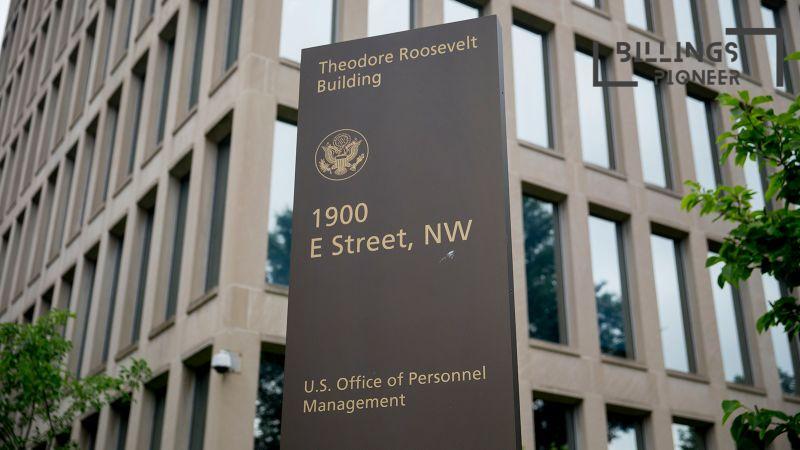The Trump administration has announced a significant change regarding diversity, equity, and inclusion, often referred to as DEI, in the federal government. In a bold move, all federal employees who work in DEI offices are being placed on paid administrative leave. This decision comes swiftly in response to an executive order that the President signed, aimed at completely eliminating DEI programs from federal operations.
What is DEI?
You might be wondering, what exactly does DEI stand for? DEI stands for Diversity, Equity, and Inclusion. These three concepts are designed to create a workplace that values all individuals, regardless of their background, ethnicity, or personal circumstances. The goal is to ensure that everyone has equal opportunities and feels welcome. However, the new changes from the Trump administration suggest a shift away from these principles.
Immediate Effects of the New Executive Order
According to a memo from the Office of Personnel Management, this transition is effective immediately. Here are some key points from the memo:
- All federal DEI employees must be placed on paid leave by 5:00 PM on Wednesday.
- Federal agencies are instructed to remove DEI office websites and social media accounts.
- Any DEI training sessions that were planned have been cancelled.
- The administration wants to dismantle the existing DEI bureaucracy and prevent its return in future programs.
- This move is expected to face legal challenges from civil rights groups who support DEI initiatives.
The Vision Behind the Change
President Trump’s executive order is part of a larger vision to restructure governmental operations. The administration argues that by removing DEI programs, the country can return to a merit-based system. This means that hiring and promotion should be based solely on qualifications and merit, not on diversity factors.
Criticism of DEI Programs
Not everyone agrees with this new direction. Critics insist that DEI programs help to reduce discrimination and promote fairness. They believe these initiatives can create better workplaces and serve the public more effectively. Supporters of DEI argue that the programs are essential for ensuring that all voices are heard and valued.
The Response from the Biden Administration
The actions taken by the Trump administration signal a large policy shift from the previous administration led by President Biden. Just a few years ago, Biden expanded DEI protections through executive orders, aiming to enhance equity for all federal employees. Now, many are left wondering how these significant changes will unfold and what the future holds for DEI initiatives in the government.
The Broader Implications
This recent decision has implications beyond just the federal workforce. It could influence how private companies handle their own DEI efforts. The Trump administration is encouraging private organizations to align their practices with these new guidelines. This could lead to a major shift in workplace cultures across the country.
Looking Ahead
Despite the swift changes, the future of federal DEI programs remains uncertain. Many experts predict that legal battles could emerge as civil rights groups challenge the validity of the executive order. As this situation develops, it will be crucial for everyone to stay informed about how these changes might affect diversity efforts in both government and private sectors.
| Action | Details |
|---|---|
| Employees on Leave | All federal DEI employees placed on paid leave. |
| Cancellation of Programs | All DEI trainings and initiatives cancelled. |
| Removal of Online Presence | Agencies must remove DEI websites and social accounts. |
| Legal Challenges Expected | Rights groups likely to contest the new executive order. |
| Encouragement for Private Sector | Private companies may follow suit in eliminating DEI efforts. |











